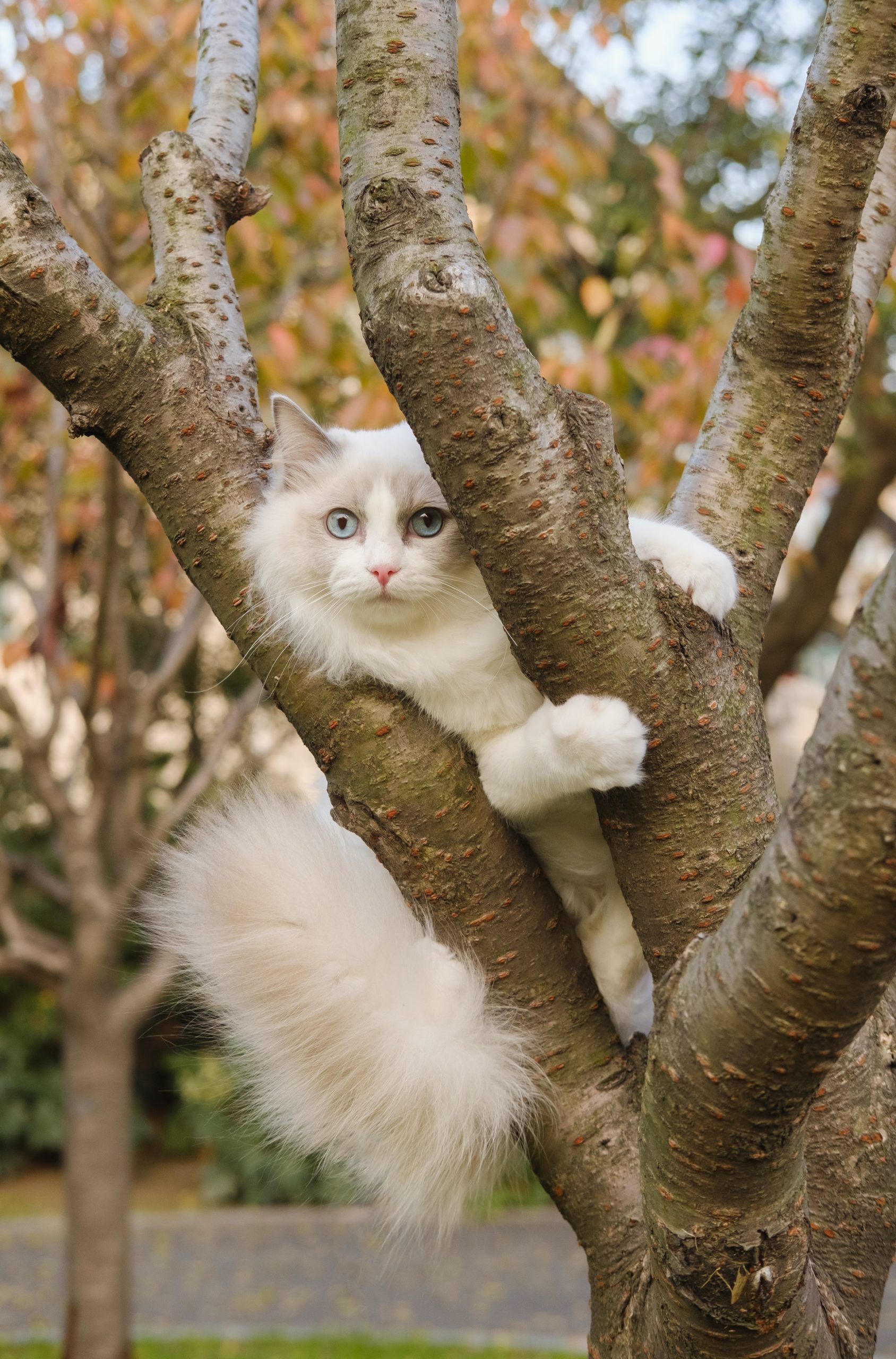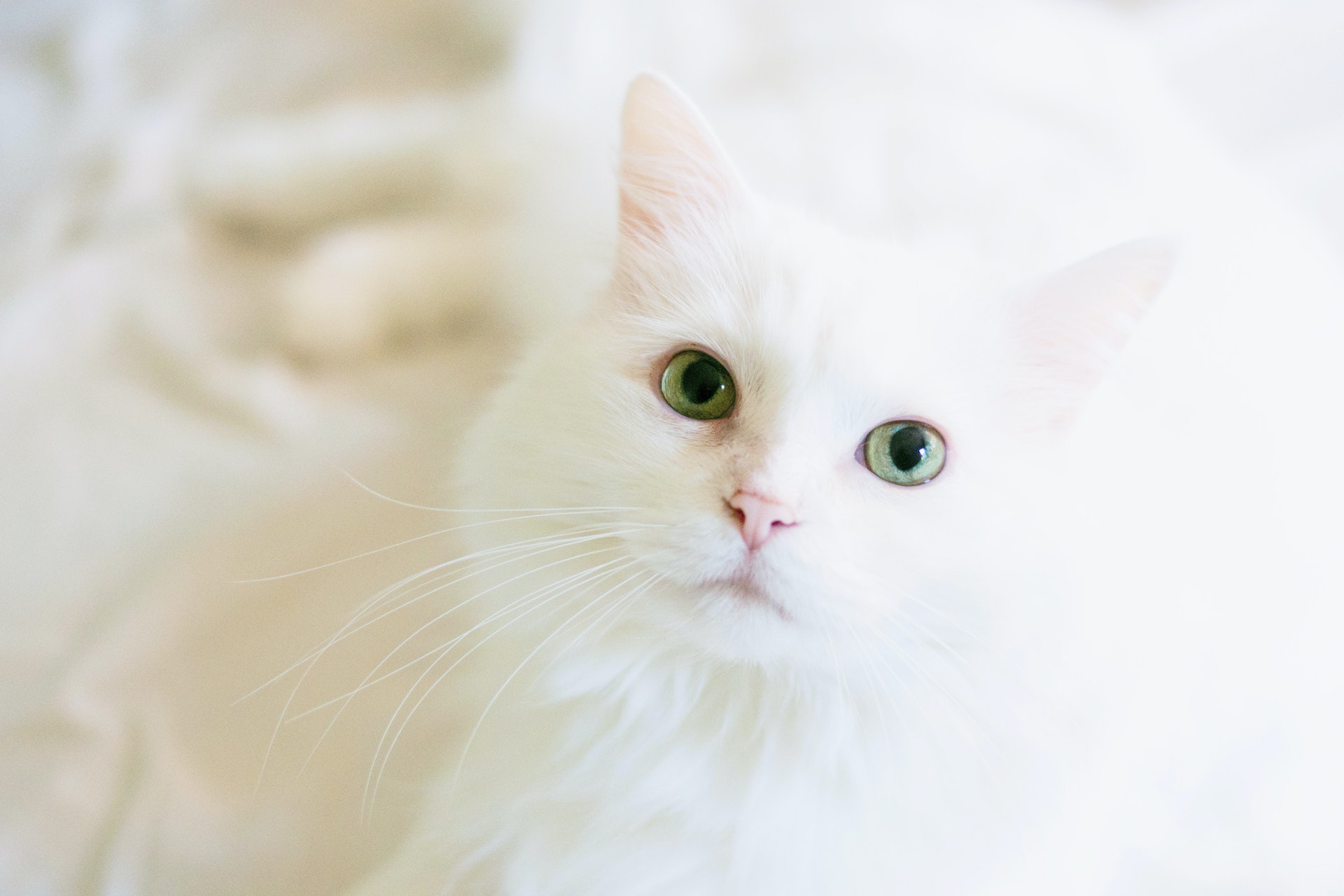Healthy food is healthy food, whether you’re a human being, a cat, or somewhere in between. We’re all aware that processed food isn’t as good for us as fresh food, so you might think that it logically follows that processed cat food isn’t as good for your bet as a raw cut of meat. We know cats are carnivores, and feeding them raw meat ensures that they don’t come into contact with any of the chemicals, additives, or preservatives that come along with the process of treating pet food and getting it into a tin.
Even though all of the above appears to make sense at first glance, it’s actually a dangerous misconception. The way food is processed for humans is an attempt to make it cheaper to buy, and safer for long-term storage. The process for pet food is entirely different – it’s focused on making foods that might otherwise be dangerous safe to eat for your furry friends. While it’s perfectly safe for you to eat your cat’s food in an emergency, you’re probably not doing your cat any favors by feeding them your food.
Every cat owner knows that cats can be fussy eaters at the best of times, and there’s always a chance that your cat is going to reject whatever you’ve fed it even if they’ve happily eaten it hundreds of times before. Cats are like little online slots machines, paying out vomit instead of money. The unpredictable nature of their sudden bouts of sickness is no less random than the outcome of an online slots game, and the complex internal processes that go into making them sick are no less mystifying. We haven’t seen this idea put into practice in the popular ‘I Love Kittens’ casino slots UK, but it remains true anyway! We think it’s best to keep raw meat away from your furry friend, and these are the reasons why.

Raw Meat Contains Parasites
There’s a very good reason that humans cook almost every type of meat they consume before they eat it – raw meat is inherently dangerous. It’s full parasites, and parasites can lead to a variety of different medical problems. Many of you will have owned a cat that suffered from worms, and you know how upsetting and uncomfortable that is for them. One of the most sure-fire ways a cat can get worms is from a parasite called trichinosis – a roundworm often found living inside cysts in uncooked meat. The cooking process destroys the parasites, and the risk is eliminated. Some parasites, such as toxoplasmosis gondii, pose no danger to a cat at all but can make humans seriously ill if they come into contact with them. You could get it from your cat if you serve your cat raw meat.
Cats Can Get Food Poisoning
Cats, like human beings, are mammals. That means their digestive systems follow many of the same rules and are prone to the same problems. You can get food poisoning from raw meat, and so your cat can also get food poisoning from raw meat. Just as raw meat can cause salmonella in people, it can also cause salmonella in cats. Felines are also susceptible to E-Coli, and to make matters worse, once they’ve got it, they can pass it on to you. The way that professionally-made pet foods are prepared means that there’s no risk of this whatsoever (so long as you open and serve the food before its expiry date), and so it’s safer for both pet and owner if you stick to the tinned stuff.
The Additives In Tinned Cat Food Are Essential
We’re all wary of additives in our food because we’re conscious of sweeteners, e-numbers, trans-fats, and other unwanted ingredients. The additives in cat food are there for a different reason, and calcium is the most important of all of them. Cats need to take on calcium from external sources in order to keep their nervous systems functioning properly. Fortunately, they get all the calcium they need from cat food.
The calcium in tinned cat food mostly comes from ground-up animal bones. Obviously, when you feet your cat raw meat, you don’t give them the bone that the meat came from. Your cat will get all the protein it needs from the meat, but not the calcium – and in the long term, that’s going to result in an unhealthy cat. You can negate this risk by feeding your cat supplements along with their meat – but why do this when you could just serve them regular cat food and kill two birds with one stone?
What’s Safe And What Isn’t?
We understand that many of you will already serve raw meat to your cat on occasion, and may have been doing so for many years. We’re not saying that raw meat is always dangerous – we’re just trying to point out that a cat shouldn’t be served raw meat and nothing else. You can occasionally feed your cat meat so long as it’s part of a balanced diet – and only if it’s from meat that’s safe for your cat to eat. For more information on proper cat nutrition, browse this site.
As a rule of thumb, you won’t have any problems if you feed your cat chicken breast or chicken thighs, turkey breasts or turkey thighs, steak, kidney, and rabbit. At the other end of the spectrum is liver, salami, ham, and almost anything you might find at a deli counter. Deli counter meats are already packed full of preservatives and also contain huge amounts of salt. Salt is incredibly bad for cats, and they should never come in contact with it. The reason liver makes for a bad choice is the high vitamin A count, which can poison cats in high quantities.
If you’re eating a meal and you want to feet your cat a few scraps from the table, you’re probably doing nothing wrong so long as you stick to the rules we’ve outlined above. In broad and general terms, though, stick to the professionally-made stuff. It’s been prepared and packaged that way for a reason, and it’s the only way of ensuring that your pet is getting all of the vitamins and minerals it needs for a long and happy life.



